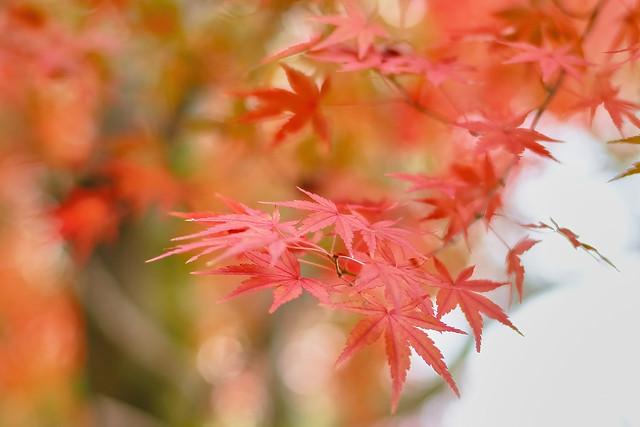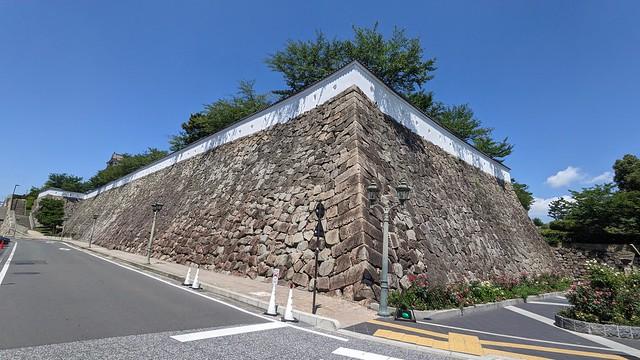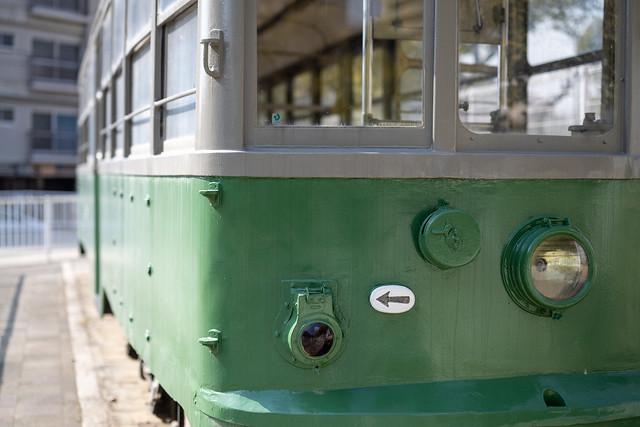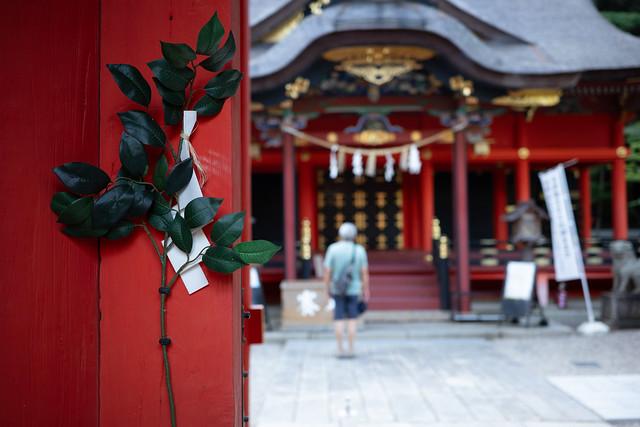
Ibaraki
Overview
Ibaraki City, located in Ōsaka Prefecture, is often overshadowed by its more famous neighbors like Osaka City and Kyoto, yet it boasts a charm all its own. The city is characterized by a harmonious blend of urban life and natural beauty, making it an appealing destination for travelers seeking a more authentic Japanese experience. The atmosphere here is laid-back, with friendly locals and a sense of community that welcomes visitors with open arms.
Cultural Heritage
Ibaraki is rich in cultural history, featuring several sites that reflect the traditional Japanese way of life. One notable landmark is the Hoshida Enchi Park, which offers lush scenery and a tranquil environment perfect for picnics and leisurely strolls. The park is particularly beautiful in spring when cherry blossoms bloom, creating a stunning pink canopy. Another significant site is the Ibaraki Shrine, known for its impressive Torii gate and serene surroundings. This shrine is not only a spiritual center but also a place where locals gather for festivals, providing visitors an opportunity to witness traditional Japanese celebrations.
Historical Significance
The history of Ibaraki City dates back centuries, and it was once an important stop on trade routes during Japan’s feudal era. The remnants of this rich history can be seen in several ancient temples and shrines spread throughout the city. For example, the Jigenji Temple, built in the early 8th century, offers insight into Japan’s Buddhist traditions and features intricate architecture that reflects the craftsmanship of the period. Exploring these historical sites not only provides a glimpse into Japan's past but also allows travelers to appreciate the serene beauty of traditional Japanese architecture.
Local Characteristics
One of the unique aspects of Ibaraki City is its vibrant local food scene. The city is famous for its yaki-tori, skewered and grilled chicken, which can be enjoyed at various izakayas (Japanese pubs) throughout the area. Additionally, Ibaraki is known for its fresh agricultural products, particularly mikan (Japanese mandarins) and shishito peppers, which can be sampled at local markets. These markets are not only great places to taste local produce but also serve as cultural hubs where farmers and vendors share their stories and traditions.
Natural Beauty
The natural landscape surrounding Ibaraki City adds to its allure. The city is close to the Ikoma Mountains, offering various hiking trails that provide breathtaking views of the surrounding areas. Visitors can embark on day hikes that cater to all skill levels, making it an excellent option for outdoor enthusiasts. Additionally, the city’s proximity to the Yamada River allows for picturesque riverside walks, especially during the autumn months when the foliage turns vibrant shades of red and yellow.
Community and Festivals
Ibaraki City hosts several local festivals throughout the year that showcase its rich traditions and community spirit. The Ibaraki Festival, held in the summer, features colorful parades, traditional music, and dance performances, allowing visitors to immerse themselves in the local culture. Participating in these events offers a wonderful opportunity to interact with residents and experience the warm hospitality that Japan is known for.
In summary, Ibaraki City presents a delightful mix of history, culture, and natural beauty, making it an enriching destination for travelers looking to explore beyond the usual tourist paths. Whether you are wandering through ancient temples, enjoying local cuisine, or hiking in nature, Ibaraki offers a unique glimpse into the heart of Japan.
Other towns or cities you may like in Japan
Explore other cities that share similar charm and attractions.






